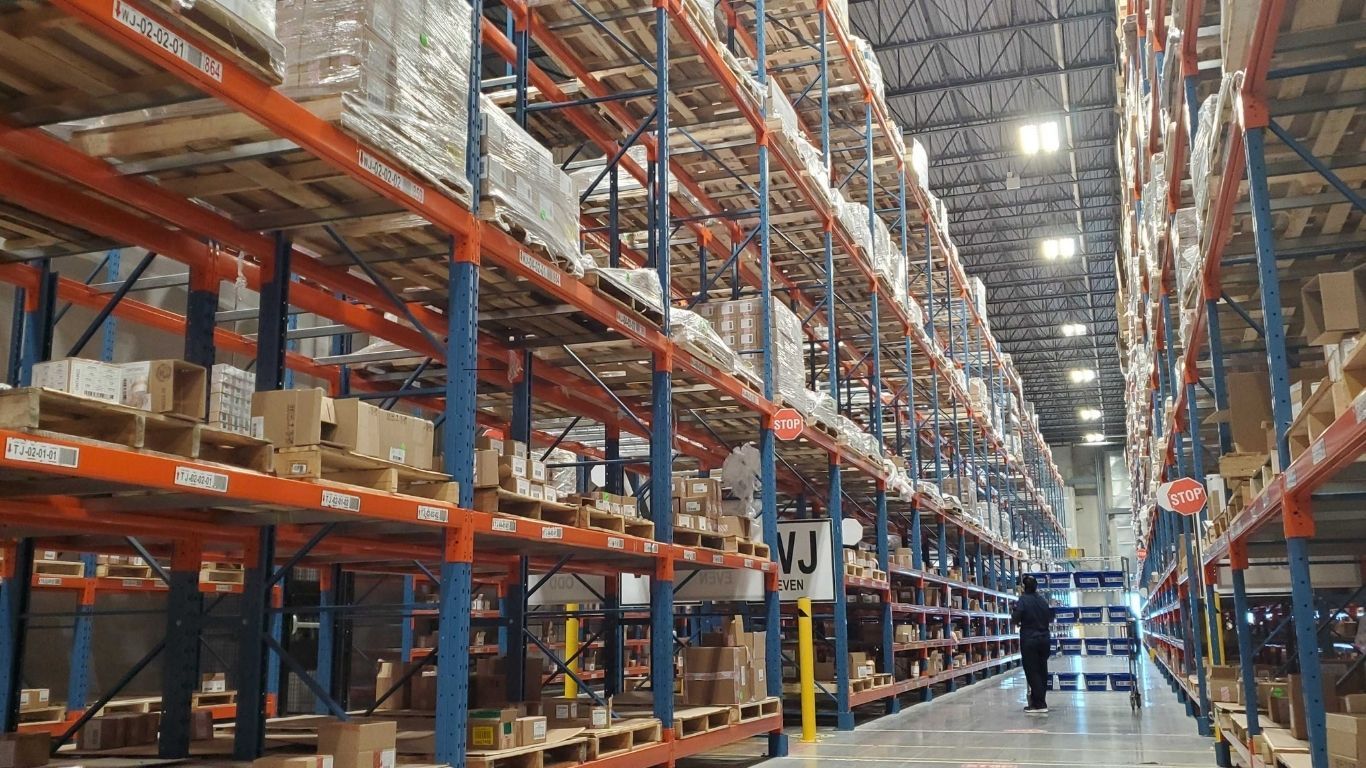
Now that Easter is in the rearview mirror, 4/20 beckons, and it will be sure to bring plenty of sales, events, PR pitches, and bad newspaper headline puns in the days to come.
It was a busy week for weed news. We had more research on the inflated THC issue on StratCann this week, and shared info on policy changes from the BC LDB. We also covered the Supreme Court rejecting a challenge of Quebec’s home-grow ban, parents asking Nova Scotia to cover costs for children’s CBD oil, an in-depth look at the online illicit market in Canada, a consumer survey showing cannabis use has been decreasing in Quebec, and the ever-inching-along process of bringing legal retail to Mississauga. But elsewhere in the cannabis world…
The (other) big headline of the week: Tilray seeks to buy Hexo. The merger is just the latest merger/consolidation in a deal worth $56 million that, as usual, will allow the companies to “take advantage of clear opportunities to deliver stronger topline growth.” The deal still must have shareholder and court approval. Recall that just a few years ago Hexo purchased fellow cannabis producer Redecan in a cash-and-share deal worth $925 million.
With overdose deaths still on the rise, one nursing professor says that the repeated attempts to close the Victoria Cannabis Buyers Club (and other compassion clubs) are the wrong policy. In an op-ed published in The Province, Marilou Gagnon argued that access to affordable, non-commercial cannabis is an important harm reduction tool. “It is not too late to reverse course, starting with the Victoria Cannabis Buyers Club,” Gagnon wrote.
The latest complaint from the C-Suite executives is about “price compression.” As the price of cannabis has decreased, the margins of the big producers have been feeling the pinch. This week, CEO of Organigram Beena Goldenberg complained to investors of a “race to the bottom” and the “problem” of $75 ounces. Consumers are not likely to agree, though—cannabis has been one of few goods in Canada not undergoing rapid inflation lately.
The Vaughan, ON-based company formerly known as CannTrust (now called “Phoena Group”) is winding down operations, entering creditor protection, and laying off at least 87 people, and probably more. They’re blaming “high taxes” as a reason for their downfall, though one imagines there may be more hidden below the surface. Phoena Group/CannTrust still owes the government $1.8 million dollars.
On the illicit side of things, in London, ON police spent around six whole days dismantling a homebrew cannabis extraction lab in a multi-million dollar home. The operation was reportedly quite complex and, according to police figures (estimates at best), they seized around $8 million worth of merchandise and equipment.
As Mississauga prepares to maybe one day allow legal retail, Insauga.com brought us the story of the rogue Weed Releaf Cannabis Dispensary that has been operating, let’s say, outside the law. Mississauga city officials even had to cede defeat: “This operation has effectively cornered the illegal cannabis market in Mississauga,” they wrote in a staff report.”
A new study from Ipsos suggests that despite all those don’t-drive-high campaigns, plenty of Canadian drivers are still getting behind the wheel while stoned. The study looked at impaired driving of all types and found that 12 percent of cannabis-using drivers have driven “believing they are impaired from cannabis at least once in the past six months.” (Not great numbers – but in early 2022, a similar study put that number at 33 percent. So, progress?)
One of the most consistent critics of how the Canadian government has handled cannabis criminal charges, U of T professor Akwasi Owusu-Bempah, is set to release a new book. Titled Waiting to Inhale, it’s co-authored with American cannabis investor and executive Tahira Rehmatullah. The book looks primarily at individuals’ experiences with the American War on Drugs.
In international news, all the excitement around Germany potentially being the first European nation to fully legalize and commercialize cannabis appears to be falling flat. On Wednesday, Reuters reported that German legislators introduced a watered-down version of legalization laws that would allow private cultivation and distribution through non-profit groups, but not widespread cannabis sales. Conflicts with the European Commission are said to be the stumbling block preventing the full legalization effort that the government initially seemed to be hoping for.












